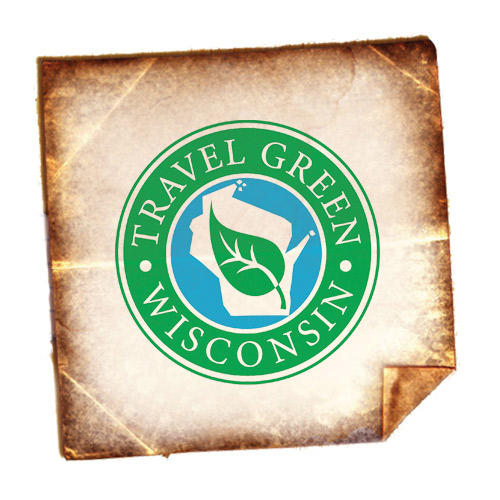A Leading Green Hotel In Wisconsin

As a Travel Green Wisconsin member the Pfister has earned 63 points, more than double the required 30 points for certification.
Travel Green Wisconsin is a voluntary program that reviews, certifies, and recognizes tourism businesses and organizations that have made a commitment to reducing their environmental impact. Specifically, Travel Green Wisconsin encourages participants to evaluate their operations, set goals and take specific actions towards environmental, social, and economic sustainability
Above all, the Travel Green Wisconsin program is designed to protect the beauty and vitality of Wisconsin’s landscape and natural resources. Wisconsin’s cultural history is among its most important tourism assets. Efforts to preserve them for future generations serve the best interest of Wisconsin travelers, as well as its tourism industry and the state’s overall economy.
The program is also designed to educate travelers to Wisconsin about sustainable tourism practices. It promotes smart business practices, giving the state’s tourism-related businesses and organizations a significant point of differentiation from their competitors, and supports the state’s overall tourism brand.
How do participants earn their Travel Green Wisconsin certification?
Travel Green Wisconsin is a voluntary self-certifying sustainable tourism program. To earn certification, applicants must first supply the Wisconsin Environmental Initiative with a Baseline Environmental Performance Assessment. The baseline collects information about the amount of energy, fuel, water, and solid waste that the business consumed during the last calendar year. Next, the applicants must commit to enough sustainable business practices found within the TGW checklist to accumulate 30 or more points. These practices are categorized as follows:
- Communication and Education (Customers, Employees, Public)
- Waste Reduction, Reuse, and Recycling
- Energy Efficiency, Conservation, and Management
- Water Conservation and Wastewater Management
- Air Quality
- Wildlife and Landscape Conservation and Management
- Transportation
- Purchasing
- Local Community Benefits







